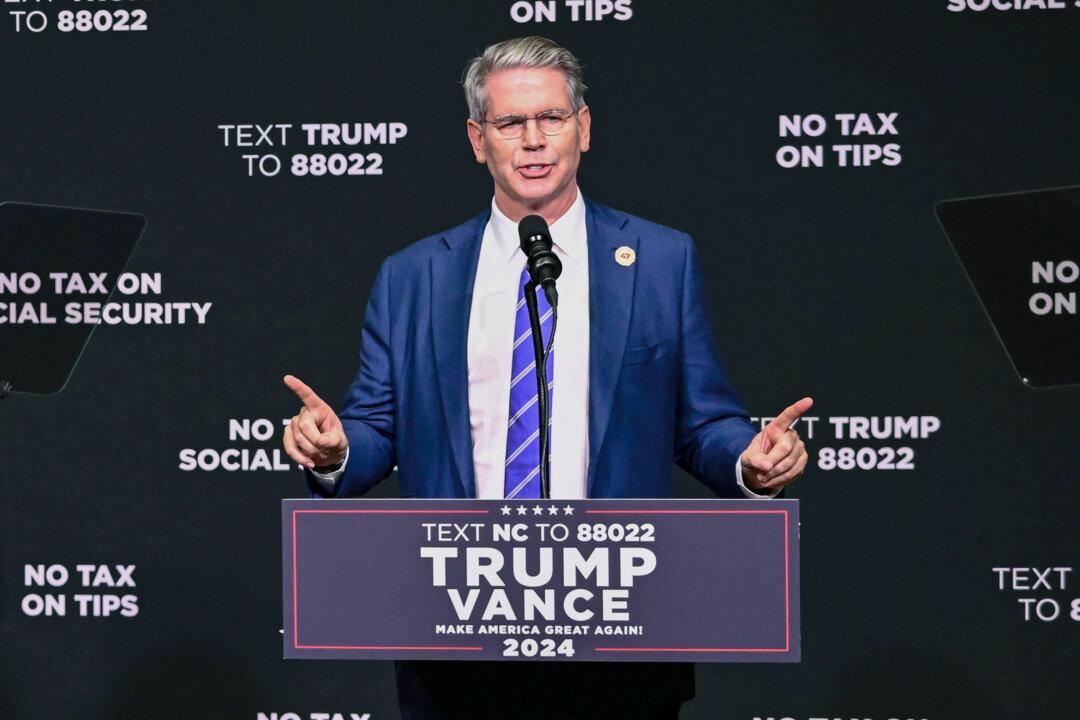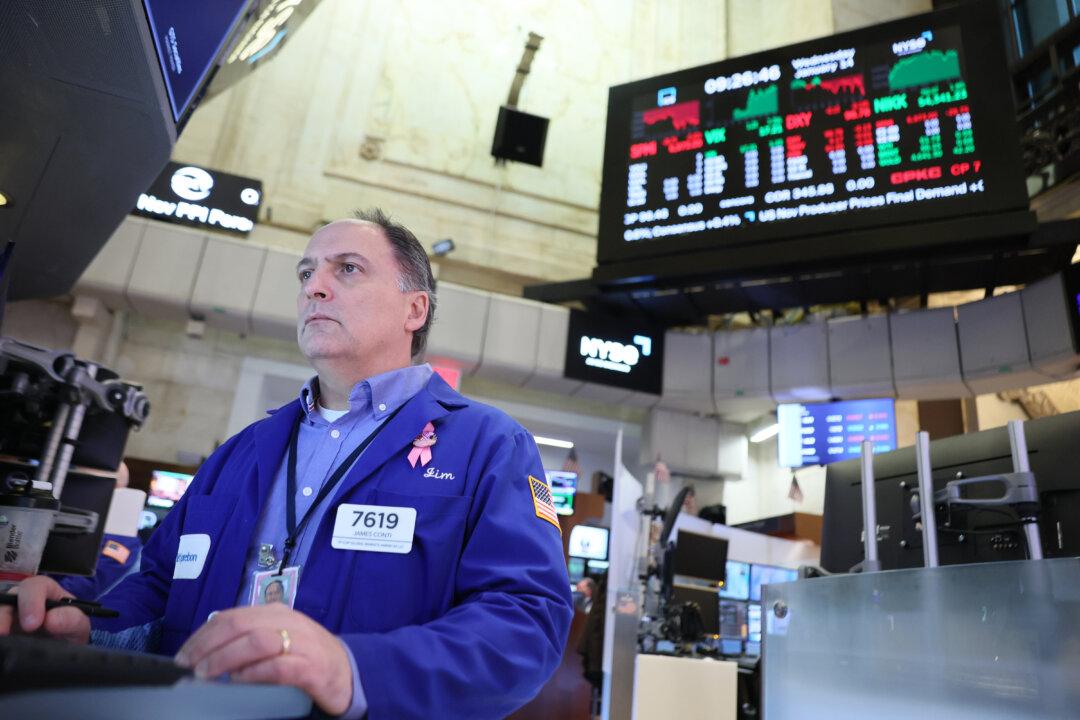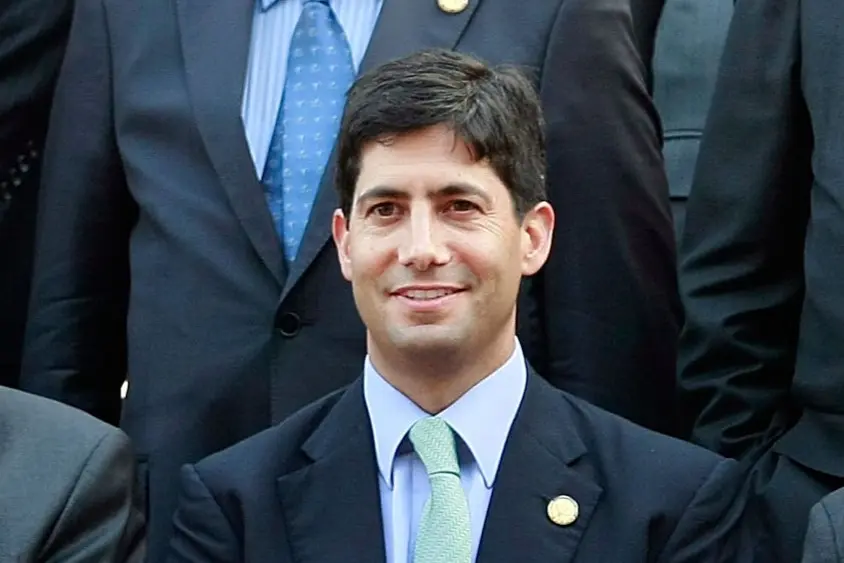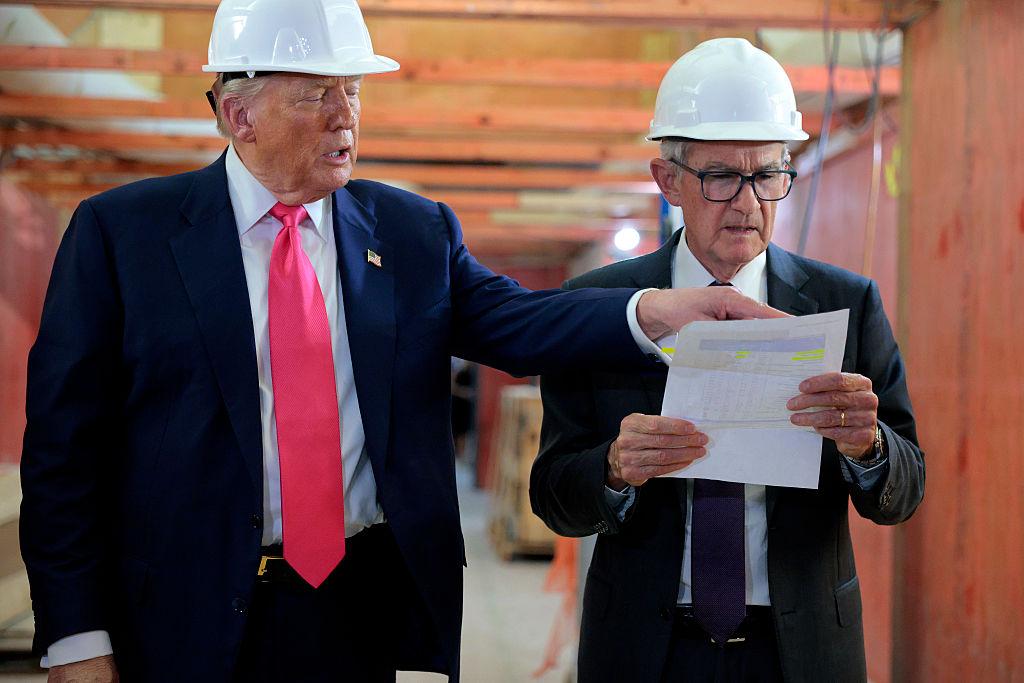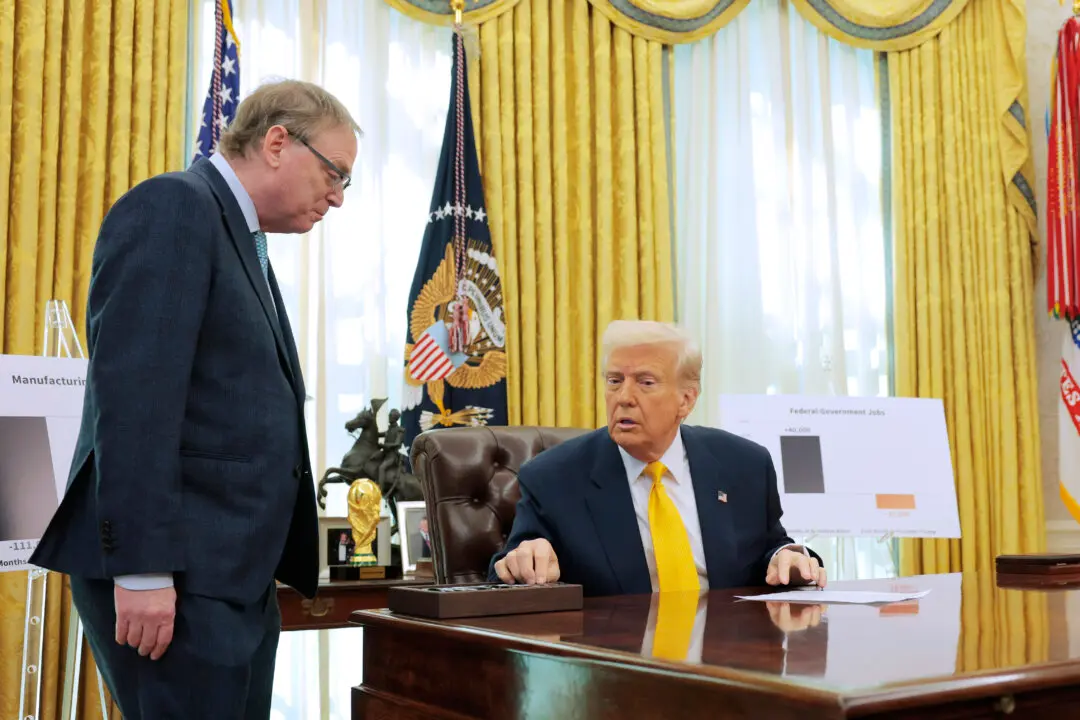Commentary
The stock market staged a historic Thanksgiving rally last week, with the S&P 500 and Dow hitting all-time highs on Nov. 29, NASDAQ approaching its high, and the Russell 2000 matching its 2021 highs. For November—the market’s best historical month—we saw a 5.7 percent monthly gain in the S&P 500, a 6.2 percent gain in NASDAQ, a 7.5 percent gain in the Dow, and a torrid 8.4 percent gain in the small-cap Russell 2000 index.
